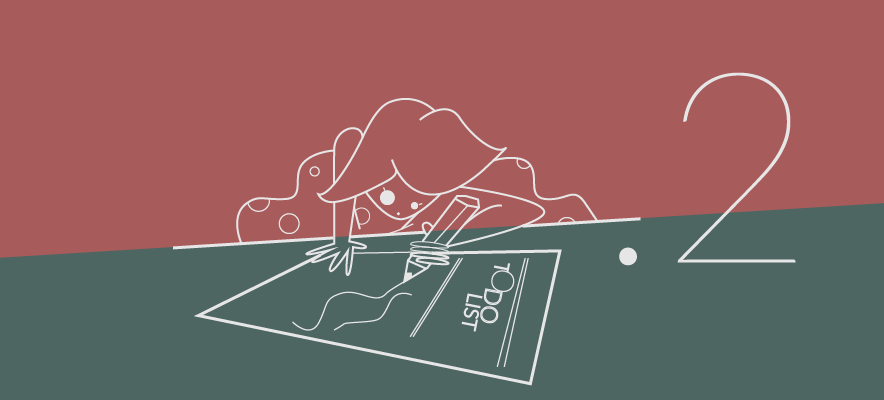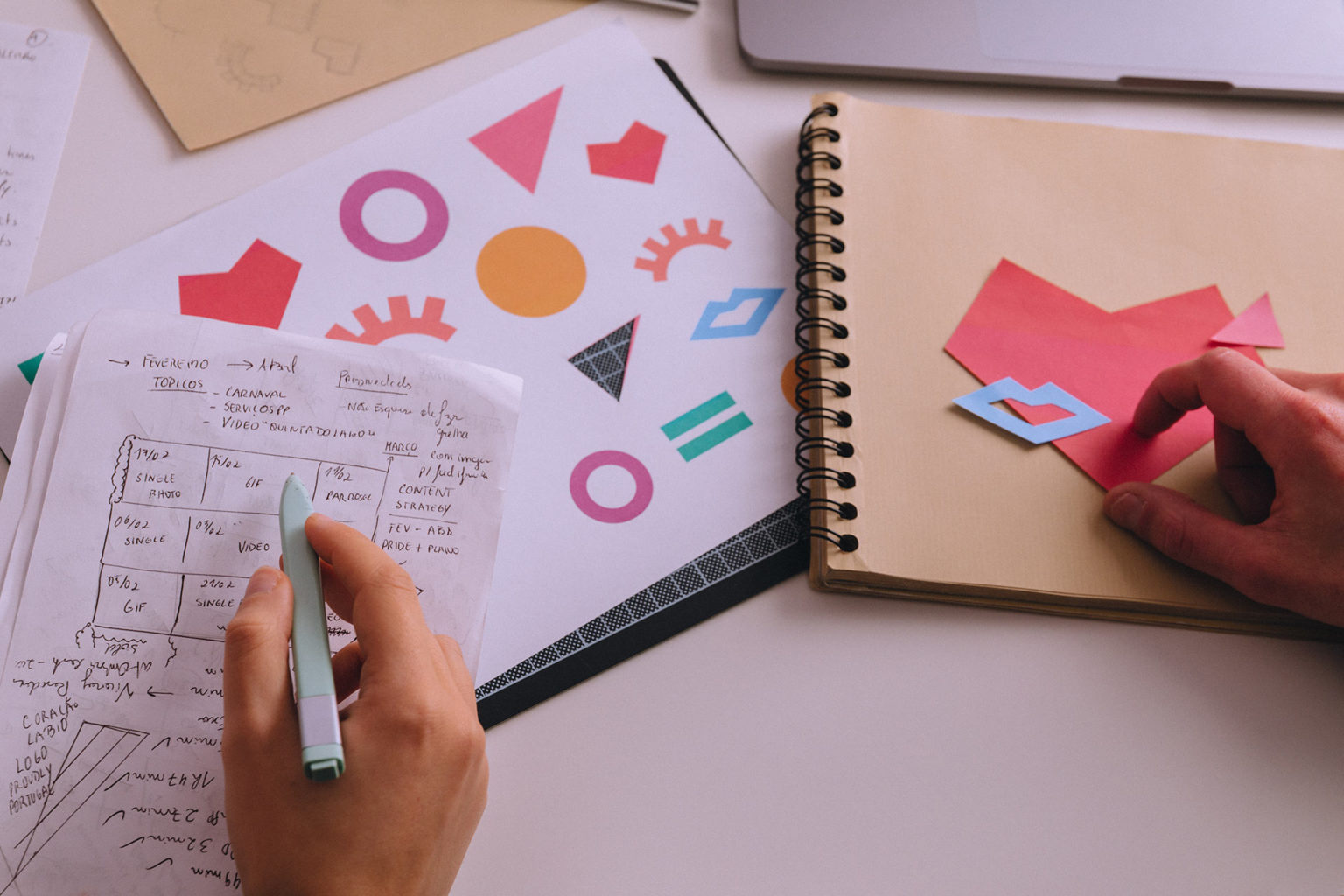1. Collect great stuff to feed your mind
The days tend to look smaller and smaller over the years (am I the only one with this feeling?). So my advice is to absorb what surrounds you constantly. Doesn’t need to be in super sonic mode! Absorb everything calmly, take the time to analyse and create memories. A great designer is a passionate observer of the world.
Don’t waste time with bad music or shallow talks. Travel and read a lot. As days get “shorter” it is good to have this bundle of ideas at hand. They allow you to get to the information you need faster, which in itself allows you to reach new destinations more effectively. These are the methods that ensure that you stay young and updated.
2. Write it down – compulsive mode
Procrastination is dangerous – it’s easy for us to get distracted. You can easily loose yourself in that extensive phone conversation or that research that drives us to another irrelevant topic.
Defining a method where you structure projects and tasks (dissecting the project paths and turning them to topics) is fundamental to reduce anxiety and fight against procrastination. Write down all the requests! It’s so much easier when we don’t put pressure on our memory with tasks and worries. Pass them to an agenda to free space for your creativeness.

3. You define where the end of the tunnel is
Most times we think we are not ready yet, that we need to research more, or that the project is not tuned in to its maximum potentiality. Truth is, most of the times, once we have another look at a project we can come up with new ways to improve it – it’s part of our growing process.
The moment we close a project must have a clear definition. We bother ourselves much more often than we think because we fear the final result. In order to avoid eternal projects – that do not allow us to pursue new adventures – we must have the lucidity and the transparency to define clear goals with our clients. And to make sure that when we perceive that the goal has been reached, with the available resources and with the analysis and methods we consider most effective, the race has finished and we can (and should) move on.
As years go by we absorb and develop new views of the world and those reflect on the ways we approach projects. And that’s so good, it’s called evolution.
4. That’s a No No
It’s not easy but sometimes we have to say “no.” Days have limited hours, just like our capabilities. To ensure that we are aiming at our best in everything we do, one can not keep accepting projects beyond our capabilities. Planning days and projects wisely ensures that we can include moments to rest. At the end of the day, we are only humans so take care of yourself, take care of your health and relationships (such as family and friends) – that’s the basic formula to have a healthy mind that sparkles creativity.
5. Grab that Epiphany
Although they seem spontaneous, epiphanies require structuring and mental exercises. It’s the train of thoughts and ideas that allows us to reach that miraculous final insight that will unveil the whole concept. There are some tools that you can use to develop methods: good research of graphical references, visit strategic locations that inspire you, select books that can drive your creative process, share ideas and look for good conversations. Do not underestimate the power of a good conversation.








